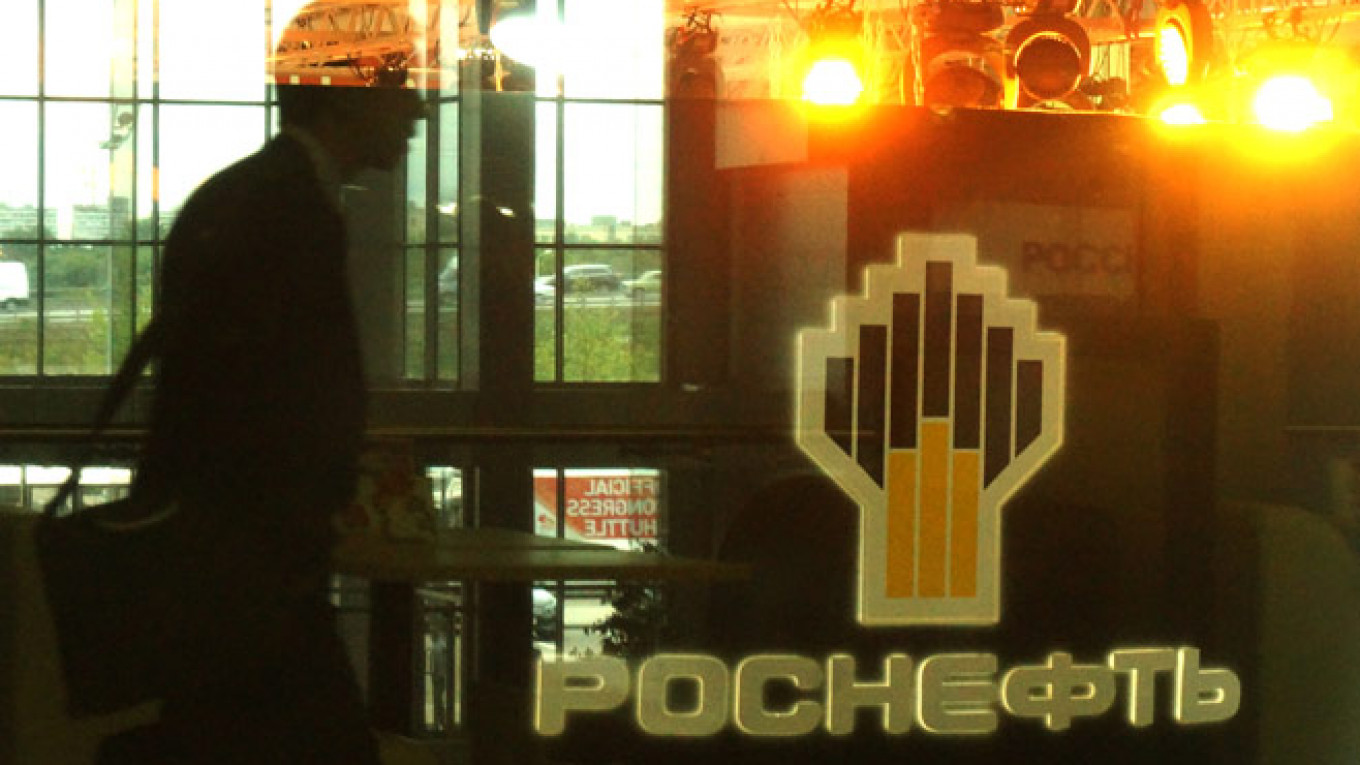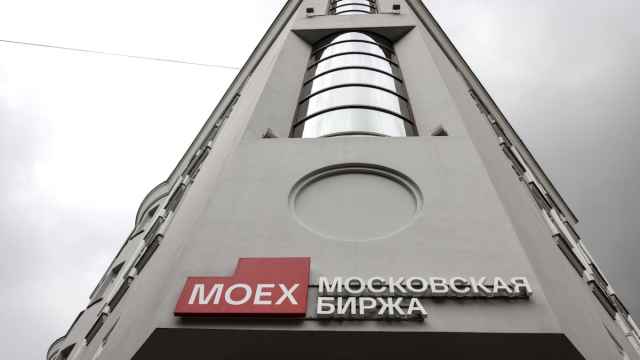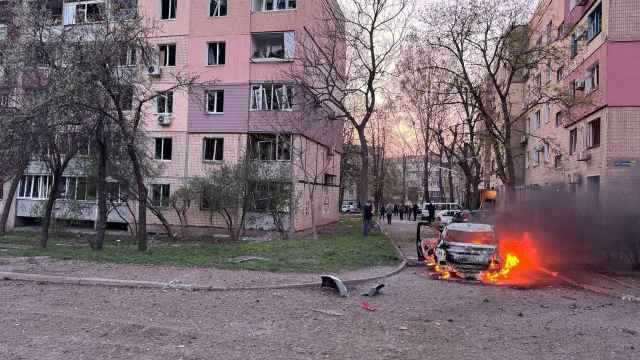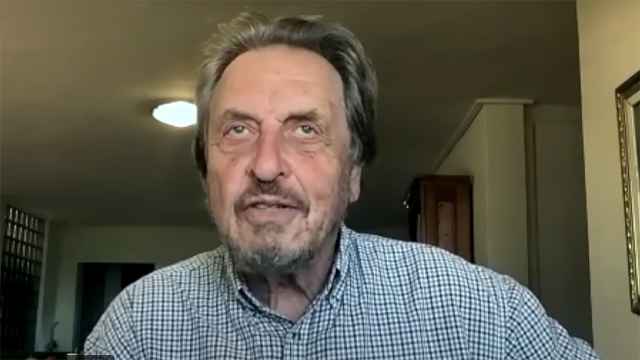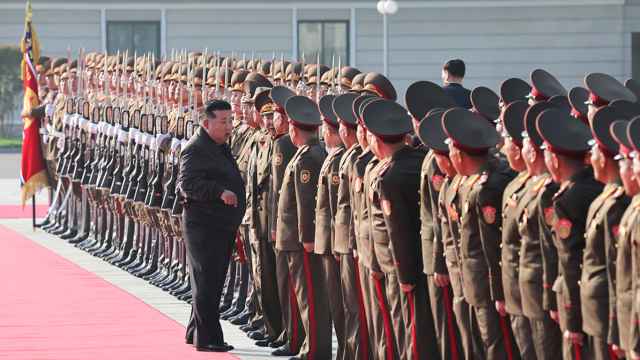Russia's top oil firm Rosneft and Venezuela have agreed on $14 billion investments in the country's oil and gas sector, news agency Reuters reported, citing a statement by Venezuelan President Nicolas Maduro.
"We had a great meeting and agreed on investment of more than $14 billion," Reuters quoted Maduro as saying in a televised interview following negotiations with Rosneft CEO Igor Sechin on Wednesday.
The $14 billion includes all of Rosneft's investment in existing and upcoming projects, a Rosneft company spokesman told the RIA Novosti news agency.
"We are not talking about new money," the spokesman told RIA.
Maduro said the invested funds will help double Venezuela's oil production, Reuters reported. He did not specify how the investment would be allocated or who would provide the funds.
The talks between Sechin and Maduro were also attended by Diosdado Cabello, the head of Venezuela's National Assembly, and Eulogio del Pino, the president of Venezuela's state oil company Petroleos de Venezuela (PDVSA), the report said.
PDVSA and the Venezuelan Oil Ministry did not immediately respond to Reuters' request for comment.
According to data posted on PDVSA's official Twitter account, the countries will "create companies together" and intend on developing reserves in the Orinoco Oil Belt, a territory in northern Venezuela that contains one of the world's largest oil deposits.
Rosneft said in a statement Thursday that it plans to increase its own crude oil production in Venezuela from 1.6 million tons last year to 8 million tons a year by 2019. Rosneft invested $1.8 billion in joint ventures in Venezuela from 2010 to 2014, the statement said.
Rosneft has also offered to increase its stake in Petromonagas, its joint venture with PDVSA, from the current 16.7 percent to 40 percent — the maximum allowed to foreign companies in joint ventures in Venezuela, Reuters reported.
Rosneft and PDVSA are currently involved in five joint oil production projects in Venezuela, according to Rosneft's statement.
New foreign investment would help boost the Venezuelan economy, which is suffering from last year's plunge in oil prices. The Russian economy has also been hit hard by the fall in the price of oil, Russia's main export, as well as Western sanction over the Ukraine crisis.
A Message from The Moscow Times:
Dear readers,
We are facing unprecedented challenges. Russia's Prosecutor General's Office has designated The Moscow Times as an "undesirable" organization, criminalizing our work and putting our staff at risk of prosecution. This follows our earlier unjust labeling as a "foreign agent."
These actions are direct attempts to silence independent journalism in Russia. The authorities claim our work "discredits the decisions of the Russian leadership." We see things differently: we strive to provide accurate, unbiased reporting on Russia.
We, the journalists of The Moscow Times, refuse to be silenced. But to continue our work, we need your help.
Your support, no matter how small, makes a world of difference. If you can, please support us monthly starting from just $2. It's quick to set up, and every contribution makes a significant impact.
By supporting The Moscow Times, you're defending open, independent journalism in the face of repression. Thank you for standing with us.
Remind me later.


